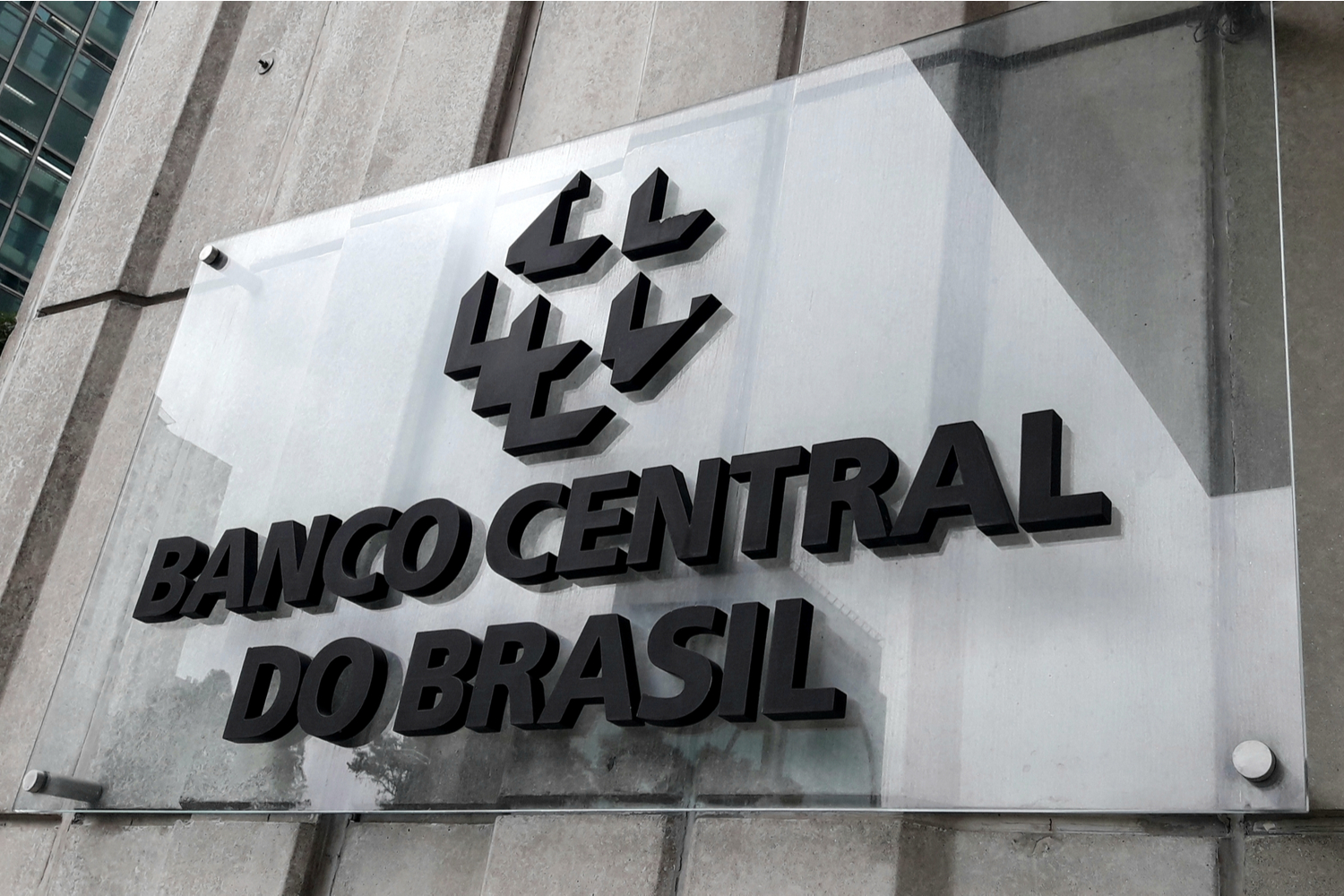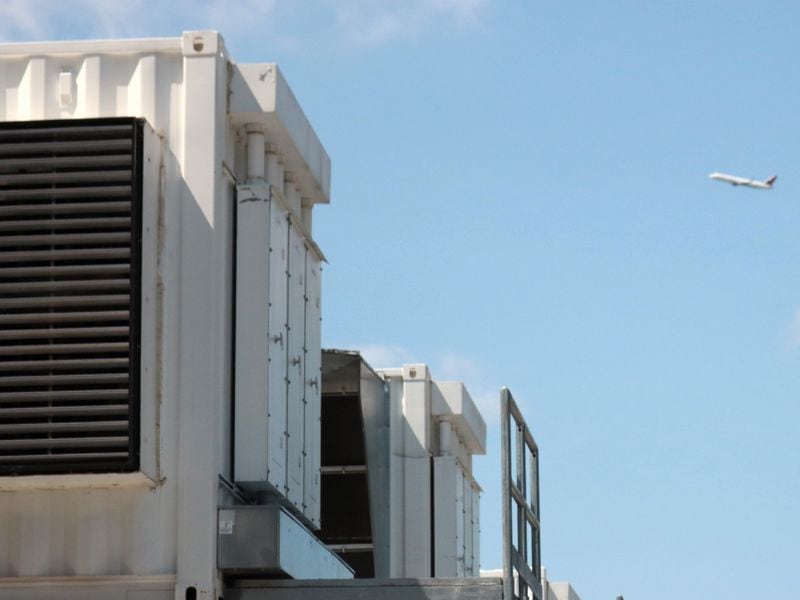Crypto Firms Tout Dispersed Workforces as Coronavirus Contingency Plan
As firms around the world scramble to develop protocols for what is increasingly likely to become a pandemic, some crypto exchanges say they are going about business as usual. (Image: B.Zhou / Shutterstock)
Crypto Firms Tout Dispersed Workforces as Coronavirus Contingency Plan
Companies are telling employees to stay home. Firms are debating when to shutter the office. Health officials are asking businesses to “dust off” the pandemic playbook. But for some, the coronavirus contingency plan is built in.
A number of cryptocurrency exchanges have favored dispersed workforces since their launch. In an industry defined by the ideals of decentralization, companies like Binance and Kraken say they have been implementing this playbook for years: most of their employees already work remotely.
And while firms around the world scramble to develop protocols for what is increasingly likely to become a pandemic, and as capital markets plummet on global investors’ fears that the worst of the coronavirus outbreak is yet to come, these exchanges say they are going about business as usual.
They don’t need to shut their headquarters; they don’t have headquarters
“The Binance team works in a decentralized way, with team members scattering in different countries and regions,” said Binance representative Cecilia Zhang.
Her exchange is notably fluid when it comes to geography. It’s not always clear where Binance is based or if it even has a “headquarters,” in the office-park sense. For the last few years Binance had claimed an HQ in Malta, but just last week the Maltese regulator declared that the so-called blockchain island never had a regulated or registered Binance exchange.
Lacking a headquarters becomes an asset, however, when an inexplicable act-of-god-like event such as an epidemic comes to town. Binance’s Zhang claimed the exchange has “not been impacted by the coronavirus outbreak.” Its employees have been working remotely and in clusters for over two years.
The Kraken exchange went a step further. It’s spinning coronavirus into a hiring and publicity opportunity, boasting on Twitter Thursday that its decentralized workers are “thriving” despite rising international fears.
“Kraken’s global collapse and pandemic survival strategy has been in place since our founding in 2011. Our remote-first, decentralized team of 800+ is thriving right now. Join us,” the firm said.
At peer-to-peer bitcoin exchange Hodl Hodl, which says it has no head office, “we don’t prepare ourselves actually,” said CEO Max Keidun. “Since day one we’ve been fully distributed and remote.”
High alert
Not every crypto company has that option. Many remain tied to headquarters, and have in recent days rushed to create policies around what could happen if and when coronavirus reaches them.
Coinbase has become the highest-profile company to list a contingency plan, outlining a four-part process where it would shutter offices and have employees work remotely depending on if and how an outbreak might progress in areas where employees live and work.
In China, where the outbreak began, exchanges and blockchain firms have had to cancel networking events, encourage employees to work remotely and delay tech upgrades.
Global Currency Organization (GCO), based in California, is on high alert since a reported case of coronavirus in Sacramento, said David Steinrueck, a representative. The team, which is developing a stablecoin, or cryptocurrency backed by U.S. dollars, is ready to disperse as soon as coronavirus reaches the San Francisco area.
“We are being cautious and actively preparing to move to work from home as soon as that becomes necessary. It certainly seems like it could get worse before it gets better, so we are trying to stay ahead of it and focus on our safety above all,” Steinrueck said.
GCO has canceled all trips to the Asia-Pacific region “until further notice” and limited even domestic travel, he said.
The blockchain sleuthing firm Chainalysis has similarly nixed all “non-essential” travel outside the U.S., according to spokesperson Maddie Kennedy. The firm has hubs in New York and London, but for the next four weeks, no employees working there will be traveling through the Asia-Pacific area, Europe, the U.K. or Ireland.
Chainalysis already had a pandemic response plan, though. It’s in the process of updating it for COVID-19.
“We’re keeping a close eye on it,” Kennedy said.
Disclosure Read More
The leader in blockchain news, CoinDesk is a media outlet that strives for the highest journalistic standards and abides by a strict set of editorial policies. CoinDesk is an independent operating subsidiary of Digital Currency Group, which invests in cryptocurrencies and blockchain startups.








